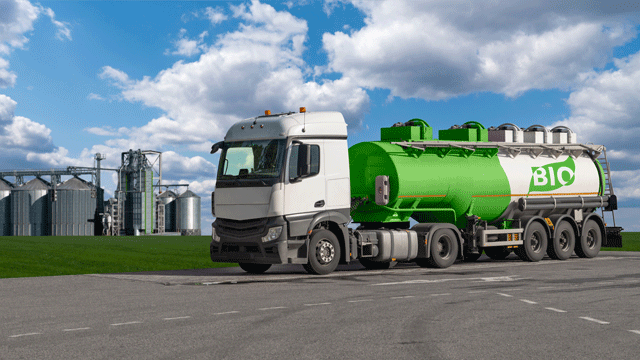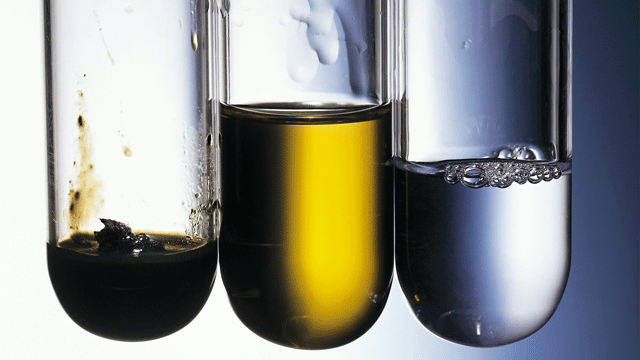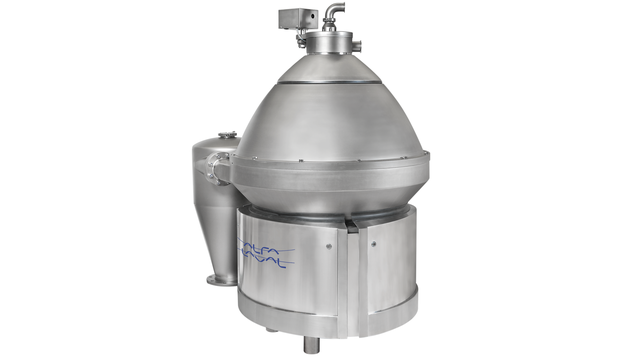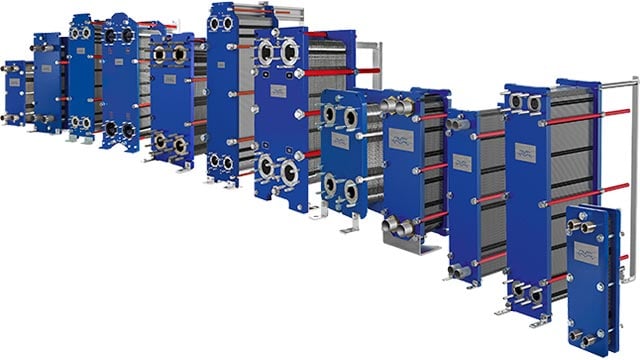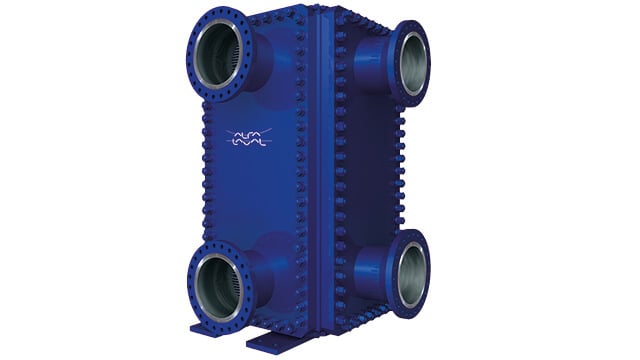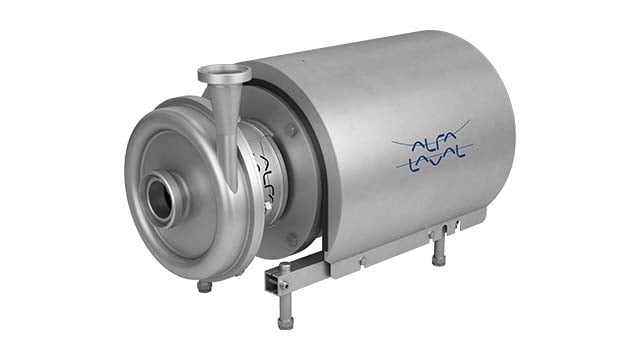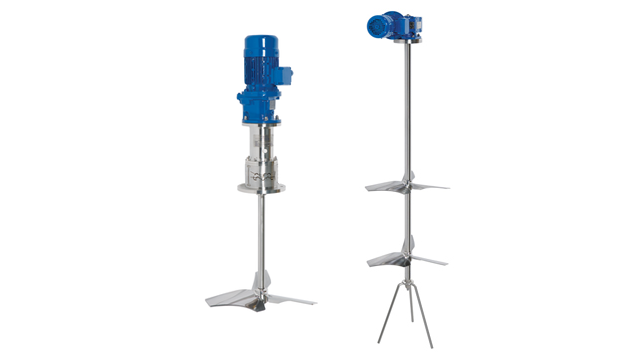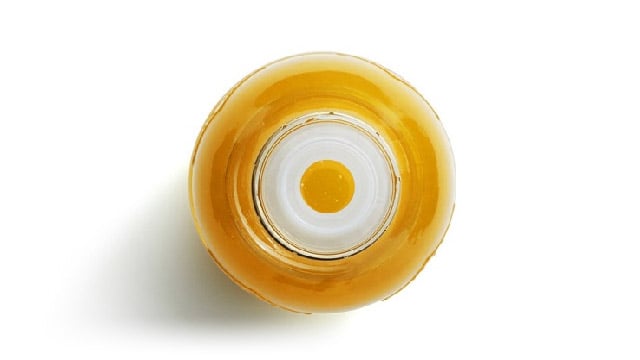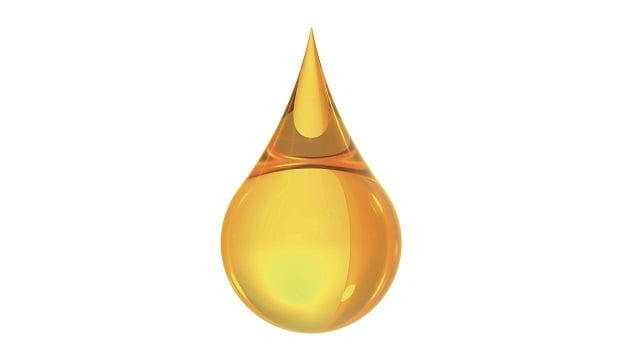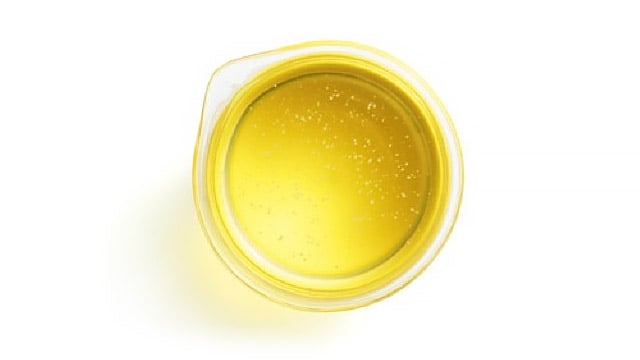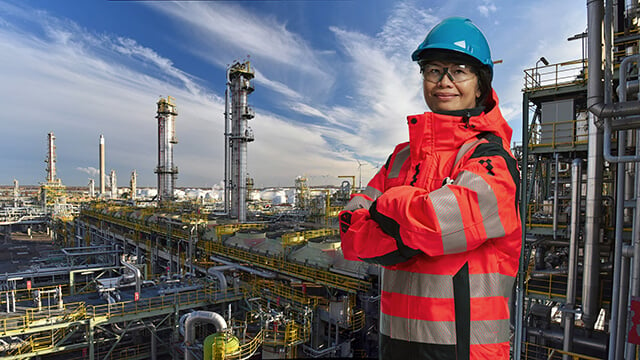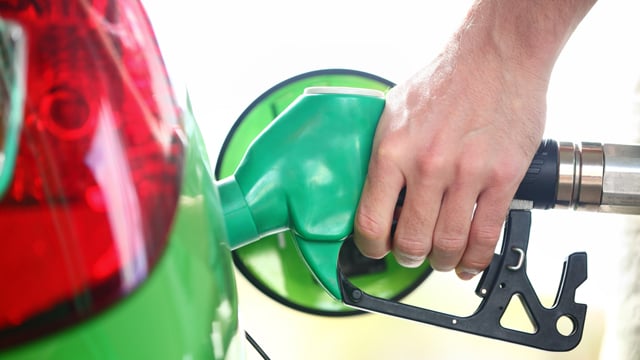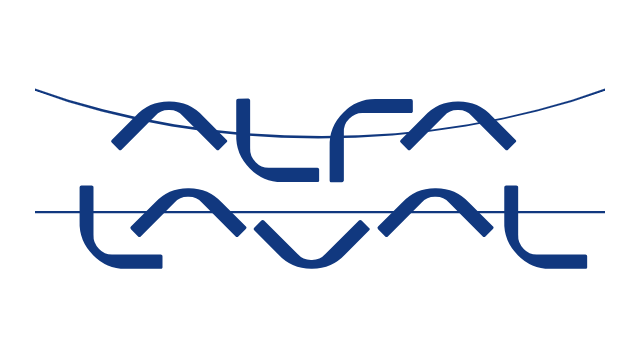HDRD pretreatment systems
Increasing demand for hydrogenation-derived renewable diesel (HDRD) calls for proven, reliable processes. Renewable fuel producers can rely on comprehensive Alfa Laval HDRD pretreatment systems to produce renewable diesel and sustainable aviation fuels from a wide range of fats and oils. Our automated HDRD pretreatment systems produce feedstock free from impurities and adjust free fatty acids for conversion into renewable hydrocarbon transportation fuels.
Boost the quality and yield of hydrotreated vegetable oil biofuels
- Flexible, automated pretreatment systems for continuous handling high volumes of multiple feedstocks
- High yields of high-quality pretreated fats and oils
- Vast experience in energy-efficient and robust processing for the edible oil and the petroleum refining industries
- Leading technologies for waste water treatment and water recycling
- Global service network with local presence
Producing high-quality biofuels requires know-how. Alfa Laval has a deep understanding of hydro processing oils and fats into renewable fuels based on extensive experience with pretreatment systems for edible oil and petroleum refining.
To meet blending mandates and environmental legislation for low-carbon fuels, Alfa Laval helps optimize hydrotreated vegetable oil pretreatment systems, prolonging the lifespan of the hydrotreating catalyst to fit the HDRD licensors and refiners turn-around cycle times. No matter the feedstock type or quality, Alfa Laval hydrotreated vegetable oil pretreatment systems can reduce the content of phosphorous, trace metals, chlorides, polyethylene and other impurities or adjust acidity through conditioning, degumming, adsorption and deacidification (if required).
Based on proven edible oil refining and petroleum refining technologies, these reliable hydrotreated vegetable oil pretreatment systems from Alfa Laval optimize stand-alone facilities for HDRD production as well as oil refineries converted into HDRD production facilities. All backed by our global service network with a local presence.
Renewable fuels production
Find out how smart design choices can help improve sustainability and profitability in plants producing renewable diesel.
How it works
Physical refining process or chemical refining process
Alfa Laval biofuel pretreatment systems include both physical refining processes and chemical refining processes. For HDRD the preferred process is physical refining, involving special degumming and/or enzymatic degumming, adsorption, and deacidification (if required). The chemical refining process is mainly used in pretreatment of traditional biodiesel (fatty acid methyl esters), where Alfa Laval also has a vast experience.
Removal of phosphorous and trace metals
To remove phosphorous and trace metals, the fats and oils (tallow, soy, rapeseed, distillers, corn oil, etc.) as well as recycled animal fat and used cooking oils undergo degumming with acid treatment (citric or phosphoric acid), and washing and adsorption using bleaching clays or similar with Alfa Laval high speed separators and plate heat exchangers.
Chloride removal
Chlorides, if present, are removed at the front-end of the process by water washing and onward processing in Alfa Laval high speed separators and plate heat exchangers.
Polyethylene removal
Polyethylene, if present such as in some tallow qualities, can be removed by crystallization and filtration.
Fatty acid removal
In some cases, the fatty acid content must be limited to eliminate the risk of corrosion due to metallurgy in the HDRD section. This can be achieved by co-processing a blend of feedstocks, if needed, as well by steam stripping the oil under vacuum conditions using an Alfa Laval Aalborg High Pressure Natural Circulation boiler, welded and gasketed plate heat exchangers and an Alfa Laval stripping column.
Key components used in the HDRD pretreatment systems
Key products
Applications
Service
Food system services
Alfa Laval Food system services help extend the performance of your food systems by maximizing the performance of your processes. This enables you to:
- Continually improve your operations to maintain competitive advantage
- Focus on uptime, optimization and availability
- Maximize return on investment throughout the life cycle of your food systems
We have more...
Q&As about HVO (RD) pretreatment systems
Find answers to the most frequently asked questions about hydrotreated vegetable oil (HVO) here.
